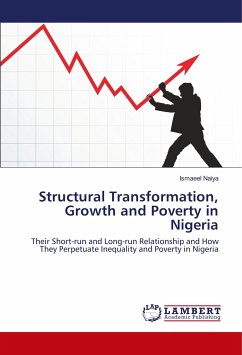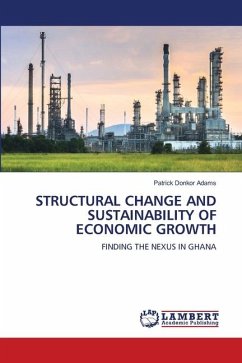This book offers a deeper and comprehensive understanding of the structural transformation process in Nigeria amid the changing dimensions of socio-economic globalization. It presents clear, concise and environment-specific measures of structural transformation in Nigeria using manufacturing and services value added. This was driven by the conventional path of structural change in economics literature which requires that countries transit from agriculture to productive manufacturing activities and end up in service-driven economy. The effectiveness of globalization from both economic and social lenses in driving the process of structural change received primary and adequate attention in this book. More so, deeper insights into key transformation plans and achievements of successive governments in Nigeria during military and civilian administrations were reviewed in this book. In addition to serving as a springboard for researchers, policy makers, corporate organizations and development partners across the globe, this book proffers a way forward for addressing the constraints that impair structural transformation in Nigeria.
Bitte wählen Sie Ihr Anliegen aus.
Rechnungen
Retourenschein anfordern
Bestellstatus
Storno








